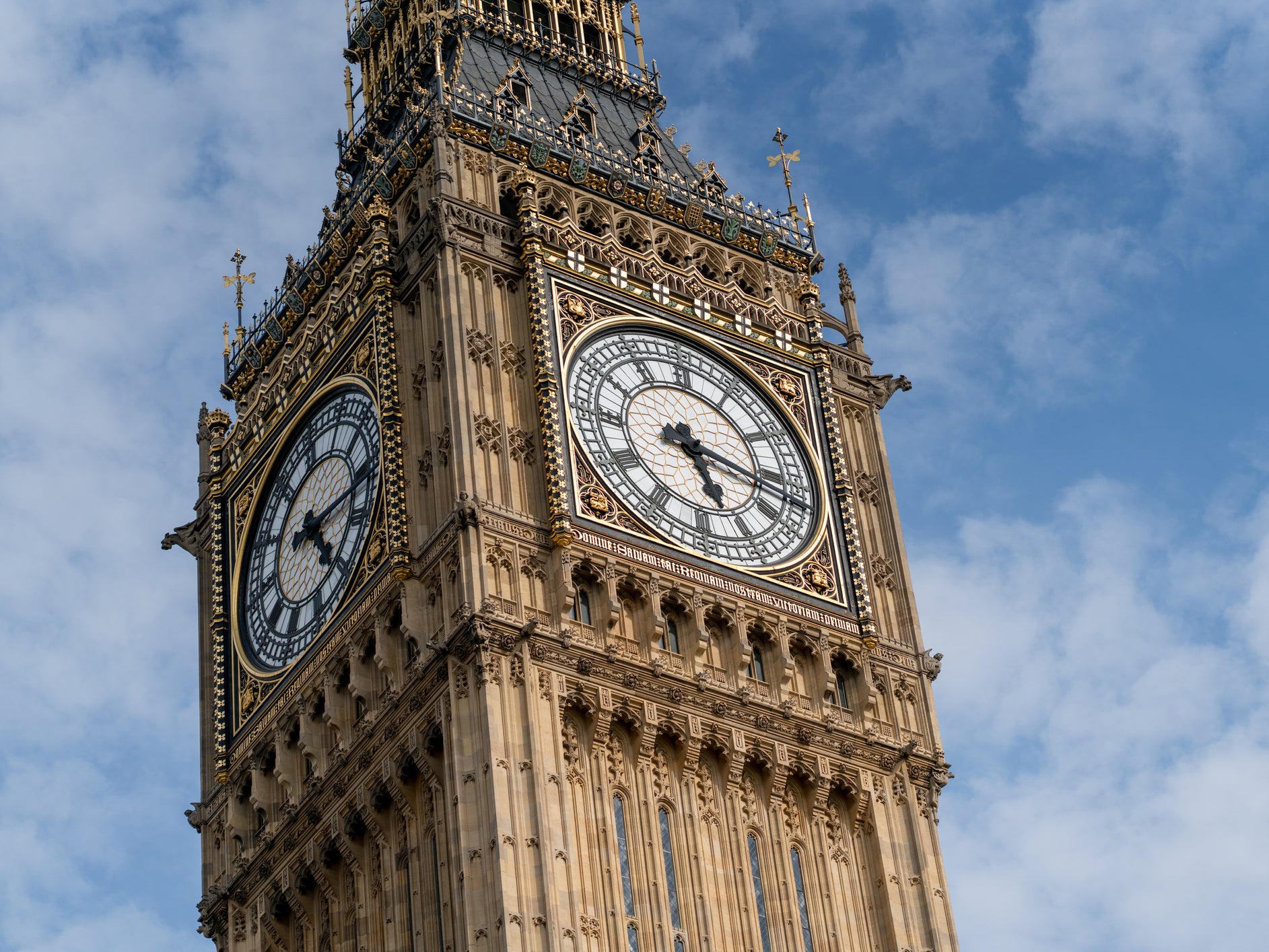
There isn’t long to go until Britons officially bid farewell to the last remnants of summer and welcome the autumn and winter months with the biannual changing of the clocks.
To mark the beginning of the jumper-wearing, hot chocolate-sipping period, the clocks will go back an hour, providing everyone with an extra 60 minutes in bed.
Here’s everything you need to know about when and why the clocks go back:
When are the clocks going back?
This year, the clocks will go back an hour on Sunday 25 October.

Every year, the clocks go back an hour at 2am on the last Sunday of October.
When this occurs, the UK will switch from British Summer Time (BST) to Greenwich Mean Time (GMT).
If you have a smartphone or device, the clock on it should automatically update in the early morning.
The clocks went forward an hour on Sunday 29 March this year, which marked the beginning of British Summer Time.
Why do the clocks go back?
Following summer solstice, which this year occurred on Saturday 20 June, the days gradually become shorter.
Therefore, by turning the clocks back an hour during autumn, this provides people with more sunlight in the morning.
Why was Daylight Saving Time introduced?
British Summer Time was first introduced as part of the Summer Time Act of 1916.
William Willett, an Edwardian builder, had devised a campaign in which he proposed that the clocks go forward in spring and back in winter so that people could spend more time outdoors during the day and save energy, hence the term Daylight Saving Time.
Willett wrote about his proposal in a pamphlet called The Waste of Daylight, which was published in 1907.
The government later adopted his ideas in 1916 during the First World War, as politicians believed it would help reduce the demand for coal.
While the Summer Time Act may have been established following Willett’s proposal, he wasn’t the first to put forward the idea of preserving daylight by changing the clocks.
In 1784, Benjamin Franklin wrote about a similar idea in a satirical letter sent to the editor of the Journal of Paris.
The ancient Romans also followed a similar practice in order to use their time efficiently during the day.







